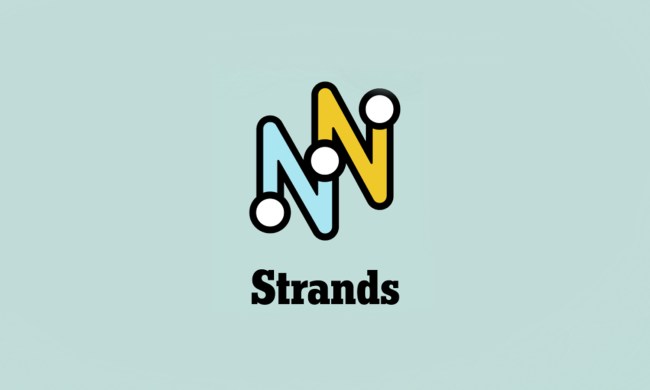
The free-wheeling, anything-goes nature of the online virtual world Second Life is one of the things which appeals to many residents. Unlike games like The Sims and World of Warcraft, almost everything in Second Life is created by residents, who build and program objects, buy virtual “land” to set up homes and businesses, and interact with (potentially) millions of other in-world avatars. But that free-and-easy world has become a little more regulated, as Second Life operator Linden Labs announces a ban on in-world gambling.
The new Linden Lab policy bans wagering in games which rely on chance or random numbers, or which depend on the outcome of a real-world sporting event. It doesn’t matter whether the wagers pay off in the form of a real-world currency, Second Life’s in-world currency (the Linden Dollar, convertible to U.S. dollars), or any other “thing of value.” The ban applies directly to in-world versions of classic casino games like craps, poker, baccarat, blackjack, pai gow, roulette, and slot machines, as well as betting on real-world sporting events through a bookmaker or exchange.
Although Linden Labs has not delineated the new policy’s impact on specific in-world activities, the language of the ban would seem to bar popular in-world pot-based games like Tringo and Slingo, as well as “sploders” and “raffle balls.” Wagering on in-world games based on skill are apparently still acceptable.
The ban follows a policy change several months ago in which Linden Labs stopped accepting in-world classified ads, location listings, and event listings which appeared to be directly related to online casino activity.
Linden Labs says it will actively enforce the policy, unilaterally removing all wagering-related objects from the world, and potentially suspending accounts of residents involved in wagering activity without refund. Linden Labs says it may also report details of users’ in-world wagering to relevant financial institutions.
Although Linden Labs maintains it is not an online gambling service, the company notes it must comply with federal and state laws regarding online gambling, even if both the in-world players and operators are outside the U.S. and not subject to U.S.-based gambling laws. Linden Labs attributes its ban to the wide variety of conflicting gambling regulations which can be applied to itself and its residents, and reserves the right to modify the policy as it receives feedback from both the Second Life community and legal authorities.
Resident reaction to the gambling ban has been mixed: while some laud the new policy as a way of ridding the world of unethical, predatory casino and gaming operators, others see it as unwarranted government interference and an imposition on personal freedoms.


